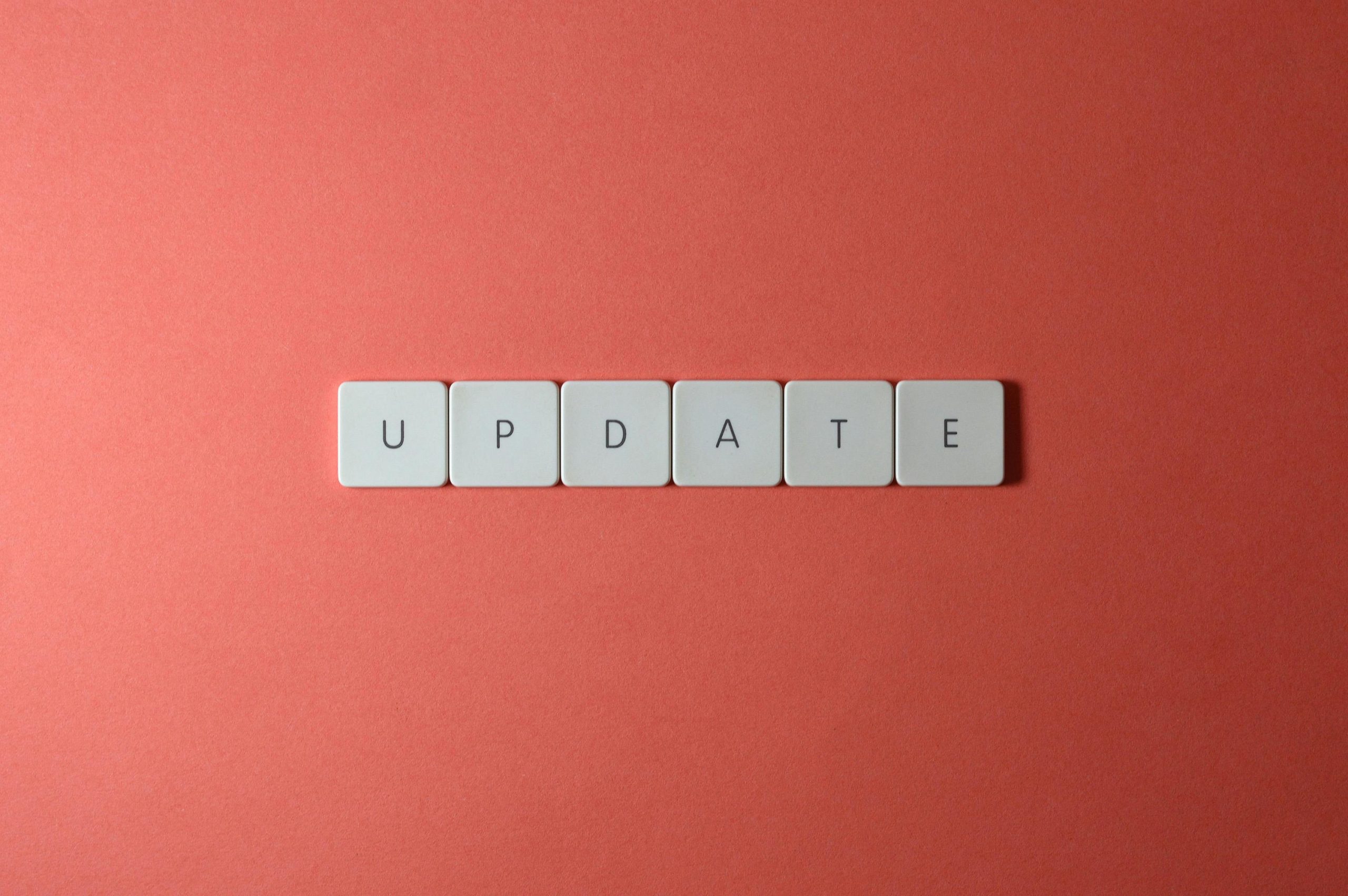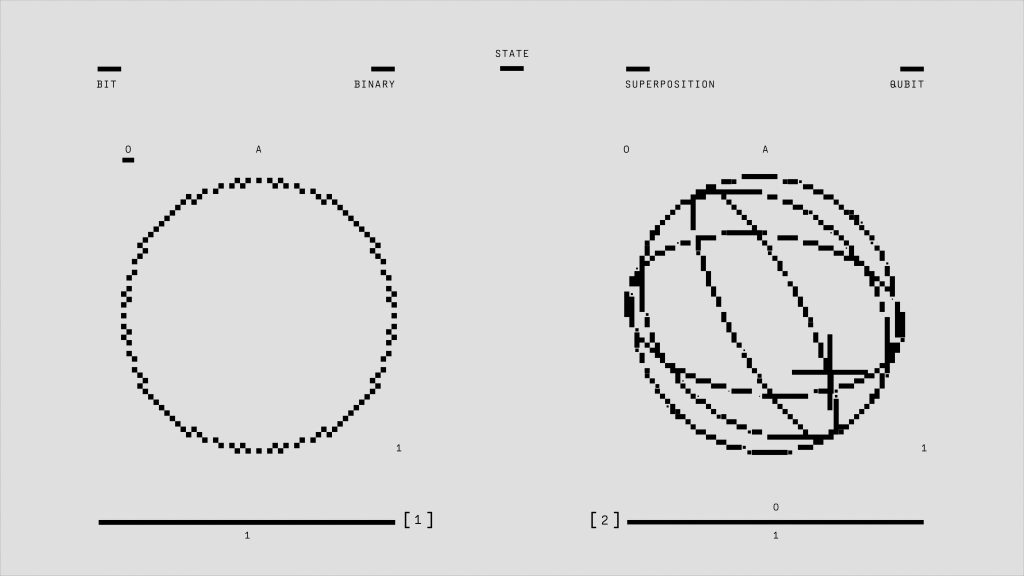Troubleshooting BIOS Update Issues on the Asus Prime B560M-A Motherboard
Recently, I performed a BIOS update on my Asus Prime B560M-A motherboard, and the experience did not go as smoothly as I anticipated. After completing the update, my system displayed an unexpected screen, and I encountered a series of challenges that prevented me from accessing the BIOS or UEFI settings.
The Post-Update Issue
Following the BIOS update, I was greeted with a screen that, unfortunately, provided limited information. Here is a snapshot of the problem:

When attempting to proceed by pressing “F1,” the system became unresponsive, leaving me stuck on a black screen. This situation rendered me unable to access essential BIOS or UEFI settings, creating a significant obstacle in troubleshooting or reverting the update.
Understanding the Potential Causes
BIOS updates are critical for improving system stability, compatibility, and security. However, they carry the risk of causing boot failures or hardware incompatibilities if something goes wrong during the process. Common reasons for such issues include:
- Interrupted BIOS update or power loss during flashing
- Firmware incompatibility with existing hardware
- Corrupted BIOS image
- Compatibility issues introduced by the update
Suggested Remedies and Next Steps
If you find yourself in a similar situation, here are some steps you can consider to resolve the issue:
- Reset CMOS Settings
Performing a CMOS reset can restore BIOS settings to default, potentially resolving boot loops or black screens. You can do this by: - Powering off the computer
- Removing the motherboard battery for a few minutes
- Using the designated CMOS jumper (refer to your motherboard manual)
-
Reinstalling the battery and powering on the system
-
Use BIOS Recovery or Flashback Features
Many ASUS motherboards, including the Prime series, offer BIOS Flashback or recovery options: - Prepare a USB drive with the correct BIOS file
- Use the BIOS Flashback button on the motherboard (if available), following the manufacturer’s instructions
-
This process can restore the BIOS to a stable version
-
Revert to a Previous BIOS Version
Share this content:



